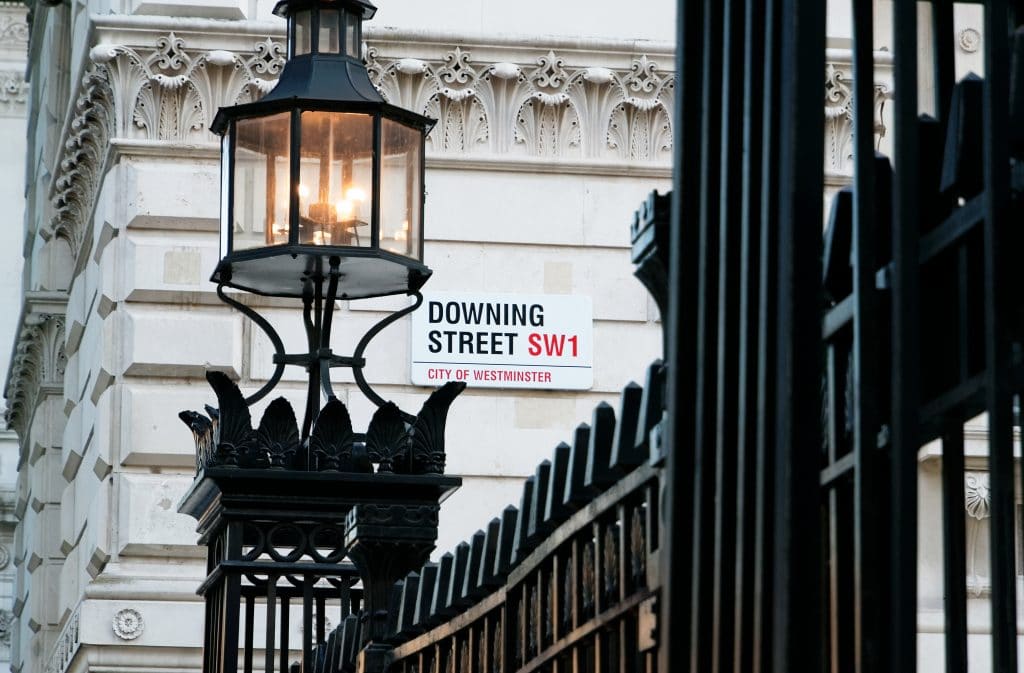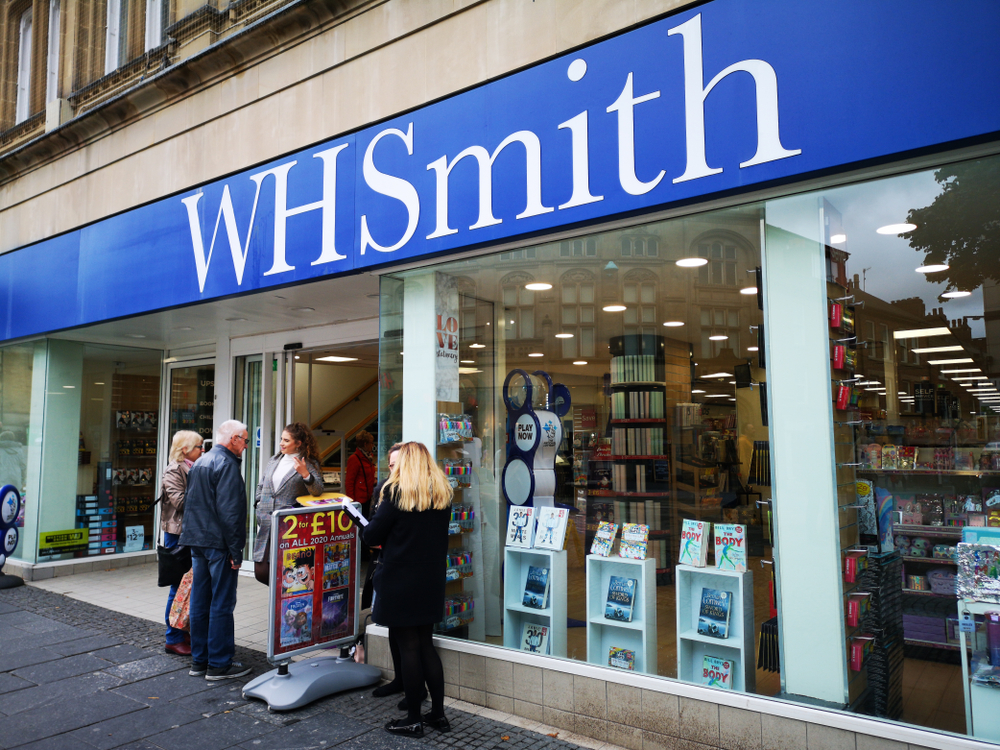Chancellor Philip Hammond has confirmed plans to spend £1.5 billion on the UK’s high streets as part of his Autumn Budget statement yesterday.
The funding comprises of £900 million in business rates relief for nearly 500,000 small businesses, plus £650 million for the transformation of high streets, transport and infrastructure improvements, building restorations, and potential changes to planning rules to allow shops to be converted into homes and offices.
The new package is particularly aimed at helping small town retailers and high street businesses, with Hammond announcing business rates relief for firms with a rateable value of less than £50,000 will be cut by a third.
“The high street lies at the heart of many communities and it is under pressure as never before,” he said.
“If Britain’s high streets are to remain at the centre of community life, they will need to adapt. Today, we support them to do so.”
Despite welcome respite for many small retailers, analysts were far from convinced Hammond’s measures would bring around the sea change the wider industry has been calling for in the battle against the decline of bricks and mortar retailing.
Alex Probyn, president of UK Expert Services at Altus Group, said: “Despite this meaningful statement of support, the Chancellor’s headline giveaway still does nothing to help those larger retailers who are reducing their store portfolios and headcounts often citing high rates as a contributory factor.
“More concerning is that it doesn’t solve any long term unfairnesses for those large premises who’s property value has fallen significantly but are denied the commensurate tax reduction that the removal of downwards transition would provide.
“It also completely ignores our manufacturing and services sectors that continue to face the brunt of Brexit uncertainties.”
British Retail Consortium chief executive Helen Dickinson said: “While we welcome the temporary support being given to small businesses, these measures alone are not sufficient to enable a successful reinvention of our high streets.
“Retailers are currently in the midst of a perfect storm of factors – technology changing how people shop, rising public policy costs and softening demand.
“Rather than tinkering around the edges, struggling high streets require wholesale reform of business rates in order to thrive. The issue remains that the business rates burden is simply too high.”
Sir Peter Rogers, chairman of New West End Company, which represents 600 businesses in London’s West End, added: “We welcome the cut to business rates for small businesses, but we are disappointed that the fund does nothing to help medium and large high street businesses which form the backbone of our town centres and which have been hardest hit by rate rises.
“Given the massive structural changes in the market, our larger retail shops also need support through their business rates now to protect the 50,000 jobs in London’s West End.
“We urge the Chancellor to think again about the best way to use this money to put life back into our high streets before it is too late.”
While Institute of Customer Service chief executive Jo Causon welcomed the business rates relief for small retailers, she said more still needed to be done to boost the high street.
“More still needs to be done to help the high street continue to be a place where communities come together. In an increasingly fragmented world, it is critical that consumers have choice and for many, it means their brand of choice needs a high street presence.
“We need to build on this announcement, and create an innovative environment where retailers create a destination led experience which provides a combination of bricks and mortar, and online.’’
Hammond’s Budget also detailed a narrowly-targeted digital services tax due to go live in April 2020, targeting technology giants operating in the UK.
The tax will only apply to profitable businesses within the tax’s scope, such as online retailers that earn at least £500 million in global revenue.
With Amazon included in that bracket, Hammond has estimated that the two per cent tax on UK revenue will raise over £400 million a year.
That comes in stark contrast to the current levels of corporation tax levied at the digital giants. For example, Amazon’s tax bill halved to £4.5 million in 2017.
However, the Office for Budget Responsibility forecast tech giants could pay just £30 million more each year under the new tax, and considered the Chancellor’s £400 million estimates as “subject to high uncertainty”.
Hammond said: “This will be a narrowly targeted tax of UK revenues of specific business models, designed for established technology giants rather than startups to shoulder the burden.
“It is only right that these global giants with profitable businesses in the UK pay their fair share to supporting our public services.”
Revo, the organisation which represents all stakeholders in the £360 billion UK retail property sector, said the Chancellor’s latest Budget failed to deliver on the structural issues facing modern businesses, ducking the responsibility of fairly taxing online business
“Although the Chancellor today ruled out an online sales tax, this misses the point for retail,” chief executive Ed Cooke said.
“We believe he shouldn’t be so hasty to rule out such a move with this new found recognition of the need to rebalance online contribution to taxes and public services.
“Further online taxation can help create significant business rates reductions for all physical retailers, bars, cafes and many others across the UK, whatever the size of their business.”
Click here to sign up to Retail Gazette‘s free daily email newsletter

















